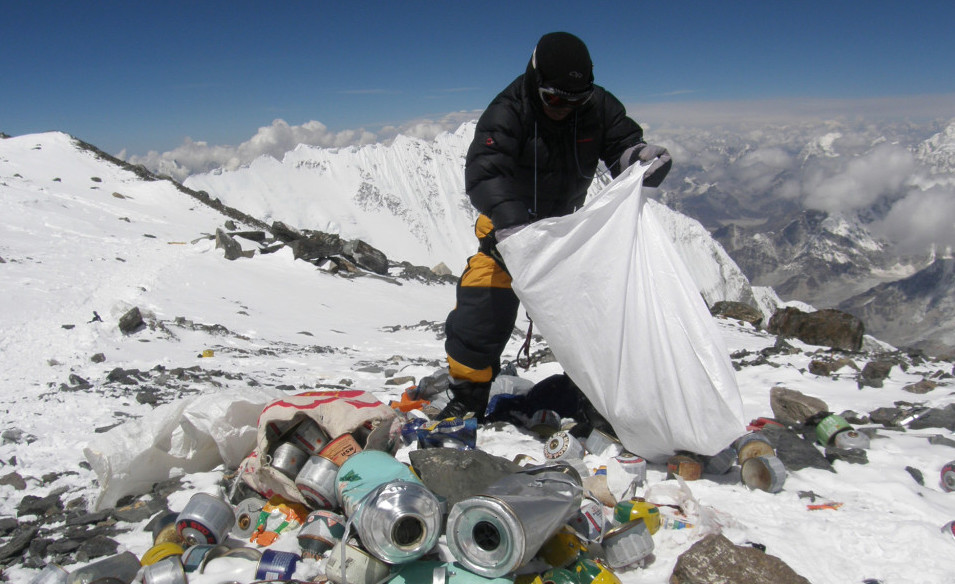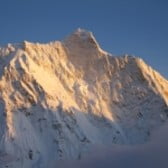
Daily Mountain
48 years, Australia
Everest region bans single-use plastic to reduce waste
Single-use plastic has been banned in the Everest region to reduce the vast amount of waste left by trekkers and mountaineers, Nepali authorities said.
 AFP/Getty Images
AFP/Getty Images
In addition to seeing a record number of climbers this year, a government-led cleaning initiative on Everest also collected over 10 tonnes of trash.
The new ban in Khumbu Pasang Lhamu Rural Municipality, home to Mount Everest and several other snow-capped mountains, covers all plastic of less than 30 microns in thickness as well as drinks in plastic bottles, and will be effective from January.
“If we start now, it will help keep our region — the Everest and the mountains — clean in long term,” local official Ganesh Ghimire told Agence France Presse.
The region receives over 50,000 tourists every year, including climbers and trekkers.
The local body will work with trekking companies, airlines and the Nepal Mountaineering Association to enforce the ban, though no penalty has yet been decided for violation.
Environmentalists are also concerned that the pollution on Everest is affecting water sources down in the valley. Six years ago, Nepal introduced a US$4,000 deposit per team of climbers on Everest that would be refunded if each climber brought down at least eight kilos (18 pounds) of waste, but only half of the climbers return with the required amount.
Melting glaciers caused by global warming are now exposing bodies and litter that have accumulated on the mountain since Edmund Hillary and Tenzing Norgay made the first successful summit 66 years ago.
This year’s climbing season saw a record 885 people summit Everest, 644 of them from the south and 241 from the northern flank in Tibet.
This, combined with poor weather and the inexperience of some of the climbers, contributed to a deadly season in which 11 people died.
Last week, a government committee recommended that climbers scale another Nepal mountain of at least 6,500 metres (21,325 feet) before being given permission to attempt Everest.
It also proposed a fee of at least $35,000 for Mount Everest and $20,000 for other mountains over 8,000 metres. Currently, permits for Everest cost $11,000.
by AGENCE FRANCE PRESSE
This article first appeared on http://thehimalayantimes.com. The original can be read here.





